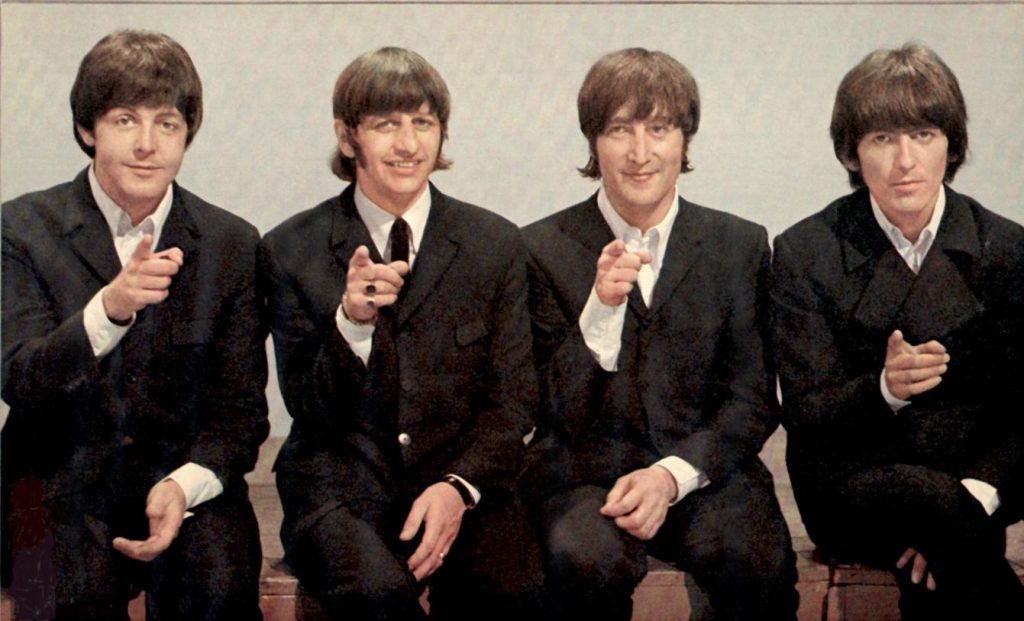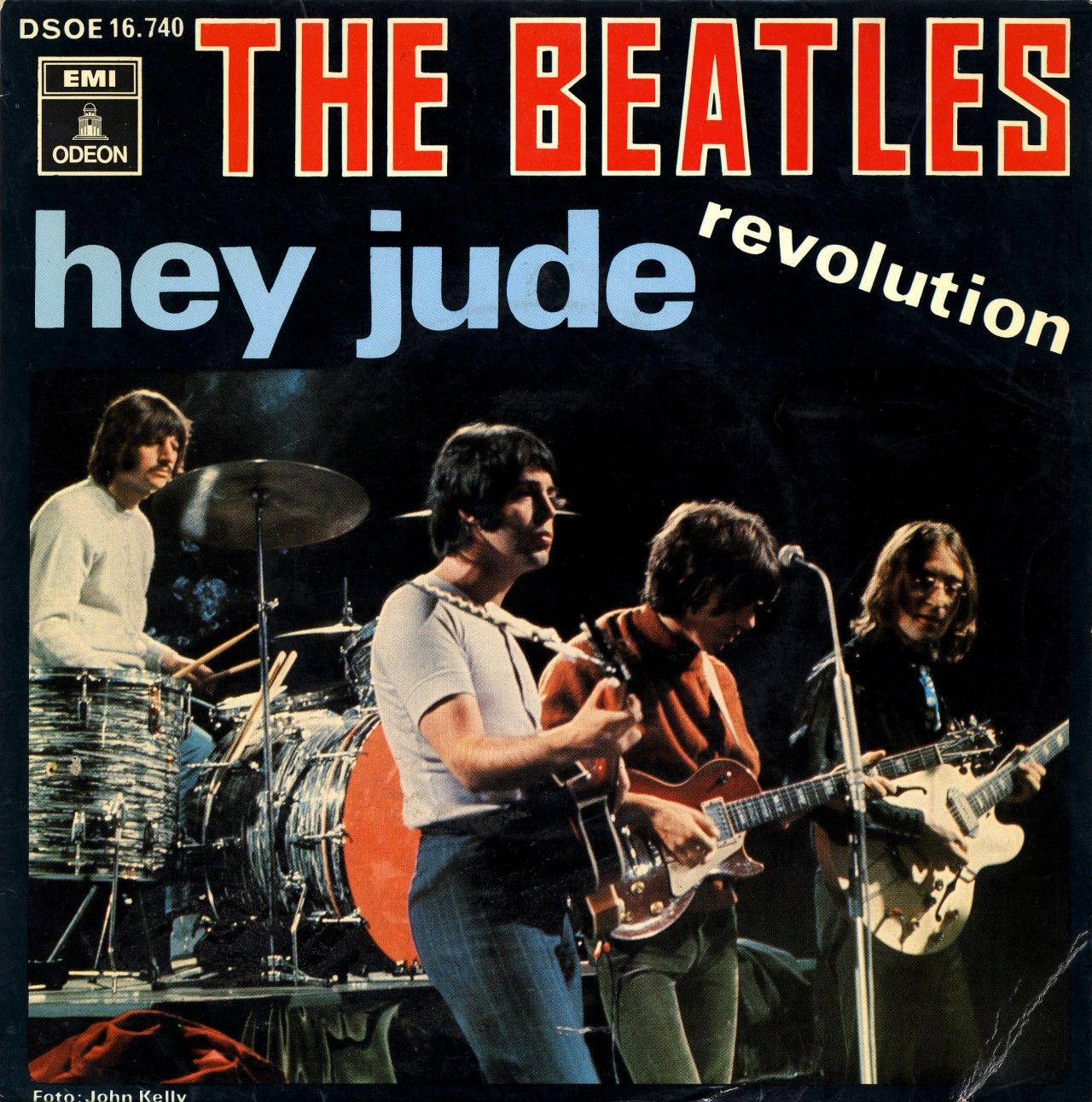
The Duality of Parting and Unity in “Hello, Goodbye”
In the vast and resplendent tapestry of music history, few bands have left as indelible a mark as The Beatles. Among their extensive catalog of hits, “Hello, Goodbye” stands out not only for its infectious melody but also for its intriguing exploration of contrasts and dualities. Released as a single on November 24, 1967, this song quickly captured the public’s imagination, reaching number one on the UK Singles Chart and the Billboard Hot 100 in the United States. Its success was emblematic of The Beatles’ ability to blend simplicity with profound meaning, creating music that resonates across generations.
The story behind “Hello, Goodbye” is as captivating as the song itself. It was primarily written by Paul McCartney, although it is credited to the legendary Lennon-McCartney partnership. The inception of the song reportedly stemmed from a simple conversation between McCartney and Alistair Taylor, an assistant to the band’s manager Brian Epstein. McCartney explained that a song could be written from opposing concepts; when Taylor asked for an example, McCartney sat at the piano and began playing what would become “Hello, Goodbye.” This creative process underscores one of the song’s central themes: the coexistence of opposites.
Lyrically, “Hello, Goodbye” is built around simple yet profound dichotomies — hello and goodbye, yes and no, stop and go. At first glance, these words might seem trivial or childlike in their simplicity. However, they capture the essence of human relationships and communication. Life is a series of greetings and farewells, beginnings and endings. Through these juxtapositions, The Beatles manage to convey a universal truth about the human experience: that life is a balance of opposing forces.
Musically, “Hello, Goodbye” is quintessentially Beatlesque. It features bright harmonies and a buoyant melody that belies its lyrical depth. The song’s arrangement is both polished and playful, incorporating orchestral elements such as violas alongside traditional rock instruments. This blend of classical and contemporary sounds was a hallmark of The Beatles during this period, particularly evident in their “Magical Mystery Tour” era.
The song’s accompanying promotional film (an early form of what we now consider music videos) adds another layer to its interpretation. Directed by Paul McCartney himself, it features The Beatles in their iconic Sgt. Pepper uniforms, performing against a backdrop of swirling colors and whimsical imagery. This visual presentation reinforces the song’s themes of change and contrast while capturing the psychedelic spirit of the late 1960s.
Beyond its commercial success and musical innovation, “Hello, Goodbye” holds a special place in the hearts of fans due to its nostalgic quality. For many listeners, especially those who lived through the era when The Beatles first took the world by storm, hearing this song is like stepping into a time machine. It evokes memories of youth — of hearing it play on vinyl records or over crackling radios during simpler times.
For older generations who might reminisce about those days gone by, “Hello, Goodbye” serves as a poignant reminder that life’s most beautiful moments often lie in its paradoxes — in every farewell lies the seed of a new greeting; with every end comes the promise of another beginning. This cyclical nature of existence is something we all come to understand more deeply as we age.
In conclusion, The Beatles’ “Hello, Goodbye” transcends its deceptively straightforward lyrics to offer profound insights into human connection and life’s inherent contradictions. It remains an enduring classic not just because of its catchy tune or chart-topping success but because it encapsulates universal truths with grace and simplicity. Whether you are reliving old memories or discovering it anew, this song continues to speak to listeners with its timeless message: that every goodbye carries within it the hope of hello.
